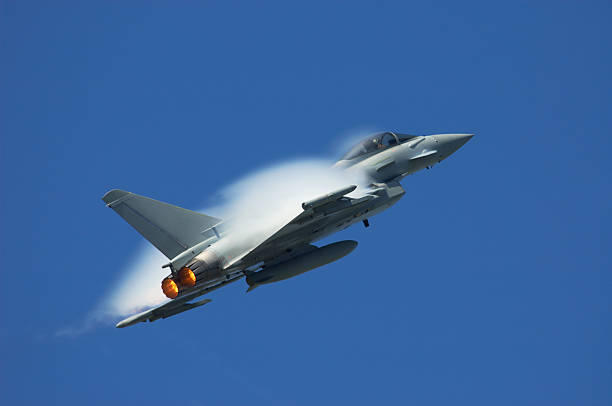Title: Understanding Why Germany and France Hesitate to Join Yemen Air Strikes
In recent times, the United States and the United Kingdom have been actively involved in air strikes against the Houthis in Yemen. However, it’s interesting to note that other European nations, particularly Germany and France, have shown some reluctance to join these military actions.

Let’s delve into the reasons behind this hesitation.
- Memories of Past Interventions: One significant factor contributing to Germany and France’s reluctance is their memories of past Western interventions in the Middle East. The 2003 Iraq War, in particular, left a dubious legacy, raising concerns about the consequences and effectiveness of such interventions. This historical backdrop has made these European nations cautious about getting involved in military actions in the region.
- Military Capability Differences: Another crucial aspect is the varying military capabilities among nations. The United States and the United Kingdom possess advanced resources and technology, enabling them to conduct air strikes effectively. In contrast, France, while having a strong maritime capacity, may lack the specific capabilities required for ground strikes in the Yemeni conflict. This difference in military capacity influences each country’s role in the ongoing operations.
- Symbolic Contributions: The role of the United Kingdom in the air strikes is described as largely symbolic. This suggests that, even though they are participating, their contribution may not be as significant in terms of military impact. France, lacking the capacity for ground strikes, may also view its potential contribution as more symbolic or limited in scope.
- Focus on Maritime Security: Rather than directly participating in air strikes, France and Germany have expressed interest in maritime security. An agreement was reached among European Union ministers to launch a naval mission patrolling the Red Sea, emphasizing the need to safeguard merchant shipping against Houthi attacks. This shift in focus towards maritime security aligns with their strategic interests and provides an alternative avenue for contributing to regional stability.
- Shared Interest in Maritime Security: European countries, including France and Germany, recognize maritime security as an area where they can make meaningful contributions. The emphasis on protecting Red Sea shipping lanes, which are crucial for Europe’s trade with Asia and Africa, reflects a shared interest in maintaining the security of these vital routes. The European Union’s commitment to a naval mission is seen as a strategic move to complement the ongoing US strikes in Yemen, ensuring the protection of cargo ships in the region.
In conclusion, the hesitancy of Germany and France to join air strikes against the Houthis in Yemen can be attributed to a combination of factors. These include historical reservations about Western interventions, differences in military capabilities, a preference for symbolic contributions, and a strategic shift towards maritime security. Understanding these factors provides valuable insights into the complexities surrounding international involvement in conflicts and the varied approaches taken by different nations.
